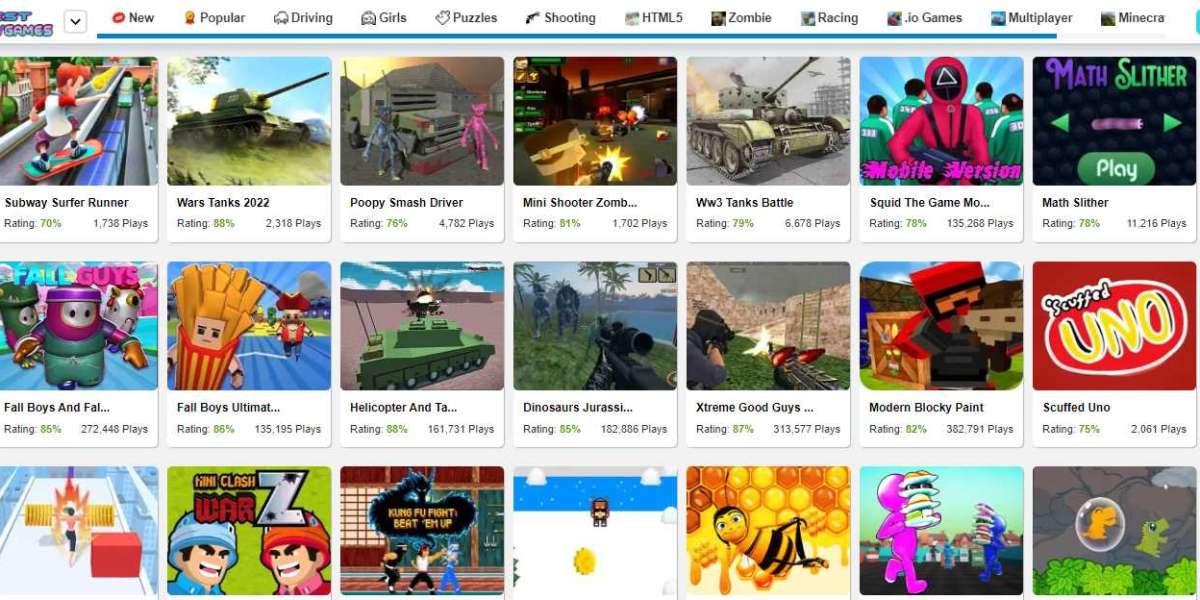Airline flight attendants have been glamorized in film and books for decades - ever since the first stewardess pinned on her wings and greeted a passenger at the gate. We all know what airline flight attendant jobs are like, don't we? After all, we've seen the movies and read the books. Flight attendants lead glamorous lives with parties in every city. They're always impeccably groomed and ready to fly at a moment's notice. They get to meet celebrities and take advantage of all sorts of job perks - like free travel.
The realities of the job are a little less glamorous, according to those who work in airline flight attendant jobs. Here's the real lowdown on airline flight attendant jobs according to the people who should know - airline flight attendants.
Before the flight:
- First call of the day, a briefing of the flight crew by the captain. He'll fill you in on anything you need to know about that particular flight - evacuation procedures, the rest of the crew, the flight details, expected weather conditions and anything important you need to know about the passengers.
- After the briefing, run a check on safety equipment on board - are all the first aid kits in place and stocked? Does all the safety equipment work properly?
- Check the passenger cabin to make sure that you have everything you need for the passengers during the flight - food, beverages, blankets and more.
Flight time - you're on!
- You'll be the first one to greet passengers as the board the plane, and responsible for checking tickets and telling them where to store their coats and carry-ons.
- Once the passengers are seated, you'll inform them about the emergency equipment and demonstrate how to use it.
- Check each passenger to make sure that they're safety belts are fastened properly, and all their bags are safely stowed before takeoff.
During the Flight:
- There's all the normal stuff. You'll have a schedule worked out with the rest of the cabin crew - usually under the direction of the lead flight attendant - that tells you who will be responsible for which seats and cabins. Your job - as long as nothing unusual happens - is to make sure that the passengers are comfortable and have everything they need. You'll deliver meals and drinks, distribute pillows, blankets and reading material, answer questions about how to use the reading light, how to recline the seat and where the bathroom is. Except for the fact that you're up a few thousand feet in the air, it's a lot like any other service job - until something out of the ordinary happens.
- Sometimes the out of the ordinary is a passenger. You may have mothers or fathers with small children that need an extra helping hand. If you have a disabled passenger on board, you'll anticipate whatever needs they may have, and take steps to make sure that they're taken care of.
- Then there are the 'normal emergencies' like turbulence. You can expect turbulence often - and when it happens, there are always flyers that are worried - or worse - and need reassurance. Some of them will get sick - your job is to make sure that they're all right. You'll also make sure that anyone who gets injured or sick while in the air is taken care of.
- It may never happen - most people working in airline flight attendant jobs never have to worry about all those safety drills and emergency evacuation procedures - but if it does, you need to be ready. In the event of a forced landing, you're the one who'll be keeping everyone calm and helping them get off the plane as safely as possible. You'll also be trained to watch for 'odd behavior' that might signal a hijacker or terrorist, and told what to do if you see someone suspicious.
Before the Plane Lands:
- You'll take inventory of all the equipment to make sure that it's there and accounted for.
After Landing:
Even after the plane lands, you're job isn't done. You get to help the passengers deplane, and then check the plane for any articles left behind. There are post flight reports to fill out, and information to be conveyed to the captain and crew. It's a surprisingly long day for a flight that may be as little as a few hours - but every bit of it is necessary.








